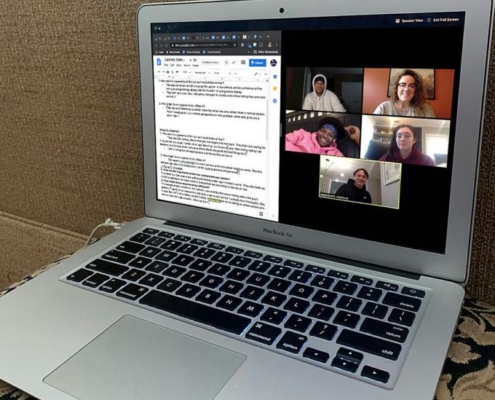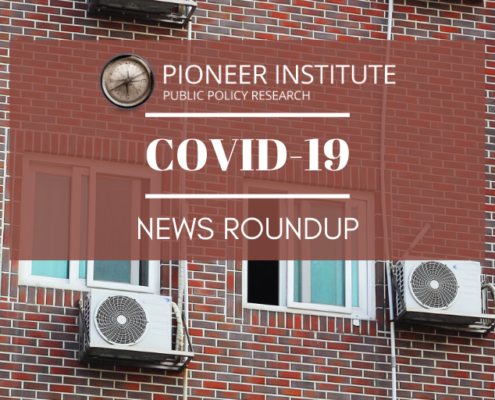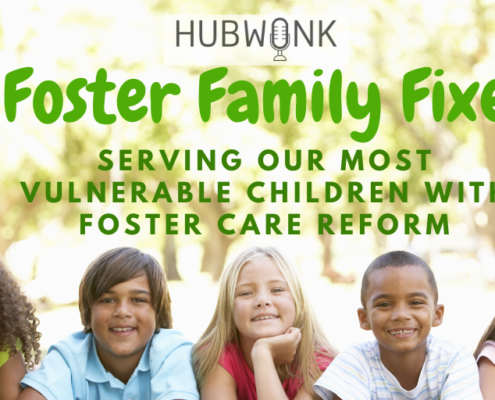Transparency Needed at Long-term Care Facilities
The anxiety of having a parent in a nursing home under the constant threat of Covid-19 has to be debilitating. Residents, many with dementia, who had grown accustomed to their children’s regular visits must be in a state of increased confusion and despair in their isolation.
The decision to move a parent into a home is beyond difficult. In the end, though, the decision comes down to basic safety. Are they safer at their own home, living with you when you cannot be there around the clock – or in a facility? Ultimately, it comes down to limiting risks, which often means assisted living, skilled nursing or rest homes. The decision is made to protect with professional care.
But the Covid-19 pandemic was not part of the equation.
Now, with positive coronavirus cases and deaths surging, the state reported that 44 percent of 957 Covid-19-related deaths occurred in long-term care facilities. Already an extremely vulnerable population, the state’s 57,500 residents in long-term care facilities are at enormous risk, even when at top-rated facilities.
Yesterday, Massachusetts AARP Director, Mike Festa, gave sobering legislative testimony to the Joint Committee on Elder Affairs. His ask? Transparency. Read his full testimony here.
These are the transparency measures the Director requested:
We urge you to make the following amendments to the bill language as caregivers and family members need and deserve to have this information for their own health decisions and as they consider possible next steps and interventions for their loved ones.
In section (b) – please add staffing levels at both licensed and unlicensed facilities:
(b) Notwithstanding any general or special law to the contrary, assisted living residences, elderly housing facilities and long-term care facilities shall report daily to the local department of health in the municipality where said assisted living residences, elderly housing facilities or long-term care facilities are located or to the Massachusetts department of public health the number of known COVID-19 positive cases and mortalities in the facility and staffing levels both licensed and unlicensed.
In section (c) – please add language to identify all long term care facilities by name and post it publicly:
(c) The department of public health shall report weekly the number of COVID-19 positive cases and mortalities at assisted living residences, elderly housing facilities and long-term care facilities to the house and senate committees on ways and means and post the report on its website. The report shall, at a minimum, identify each assisted living residence, elderly housing facility and long-term care facility by name, associate the number of COVID-19 positive cases to each facility, and any reductions in staffing levels compared to staffing levels before the declaration of the state emergency. The department shall also report demographic data of COVID-19 positive cases and mortalities including race, age, and sex of cases and mortalities in aggregate form.
Please add section (d) – please add language requiring all long term care facilities to report on known COVID-19 positive cases and mortalities.
(d) Each assisted living residence, elderly housing facility and long-term care facility shall report daily to state long term care ombudsman, resident’s families, guardians and legally authorized representatives (as per state law) the number of known COVID-19 positive cases among residents and staff and mortalities in the facility and any reductions in staffing levels compared to staffing levels before the declaration of the state emergency.
Get Our COVID-19 News, Tips & Resources!
Related Posts

















